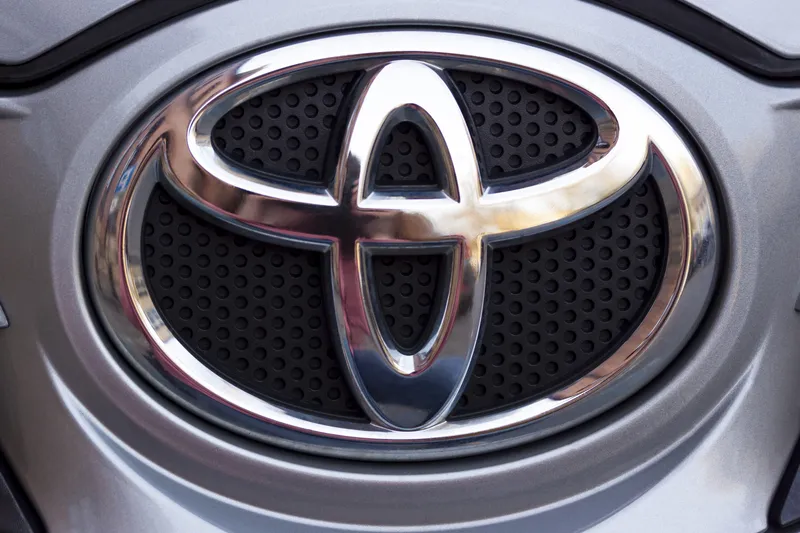A Belgian court has confirmed a ban on controversial ride-sharing app UberPOP, giving it 21 days to close operations in Brussels or risk massive penalties.
UberPOP is the cheaper and less regulated service from Uber, the Silicon Valley start-up with a valuation of some US$50 billion that launched in capitals across Europe, often in open violation of local taxi laws.
A spokesman for Uber confirmed the decision from the Brussels court, which followed a ban decided in April 2014 that the company ignored.
September 28, 2015
Read time: 2 mins
A Belgian court has confirmed a ban on controversial ride-sharing app UberPOP, giving it 21 days to close operations in Brussels or risk massive penalties.
UberPOP is the cheaper and less regulated service from Uber, the Silicon Valley start-up with a valuation of some US$50 billion that launched in capitals across Europe, often in open violation of local taxi laws.
A spokesman for Uber confirmed the decision from the Brussels court, which followed a ban decided in April 2014 that the company ignored.
Uber executive Filip Nuytemans said the company was looking at the implications of this ruling which it claims hurts hundreds of its driver-partners and tens of thousands of people who have come to rely on UberPOP to get around Brussels safely and affordably.
Another Uber executive said the company had 21 days to fall in line with the ban or face penalties. Nuytemans said Uber's more expensive service UberX, which requires drivers to be professionally licensed, was not affected by the ban.
Anticipating the court decisions, premium service UberX launched earlier this month, following a similar strategy in Paris, where UberPOP is also banned. France's highest court on Tuesday confirmed the ban in a huge setback for the company that sees the country as a strategic market.
UberPOP is the cheaper and less regulated service from Uber, the Silicon Valley start-up with a valuation of some US$50 billion that launched in capitals across Europe, often in open violation of local taxi laws.
A spokesman for Uber confirmed the decision from the Brussels court, which followed a ban decided in April 2014 that the company ignored.
Uber executive Filip Nuytemans said the company was looking at the implications of this ruling which it claims hurts hundreds of its driver-partners and tens of thousands of people who have come to rely on UberPOP to get around Brussels safely and affordably.
Another Uber executive said the company had 21 days to fall in line with the ban or face penalties. Nuytemans said Uber's more expensive service UberX, which requires drivers to be professionally licensed, was not affected by the ban.
Anticipating the court decisions, premium service UberX launched earlier this month, following a similar strategy in Paris, where UberPOP is also banned. France's highest court on Tuesday confirmed the ban in a huge setback for the company that sees the country as a strategic market.










